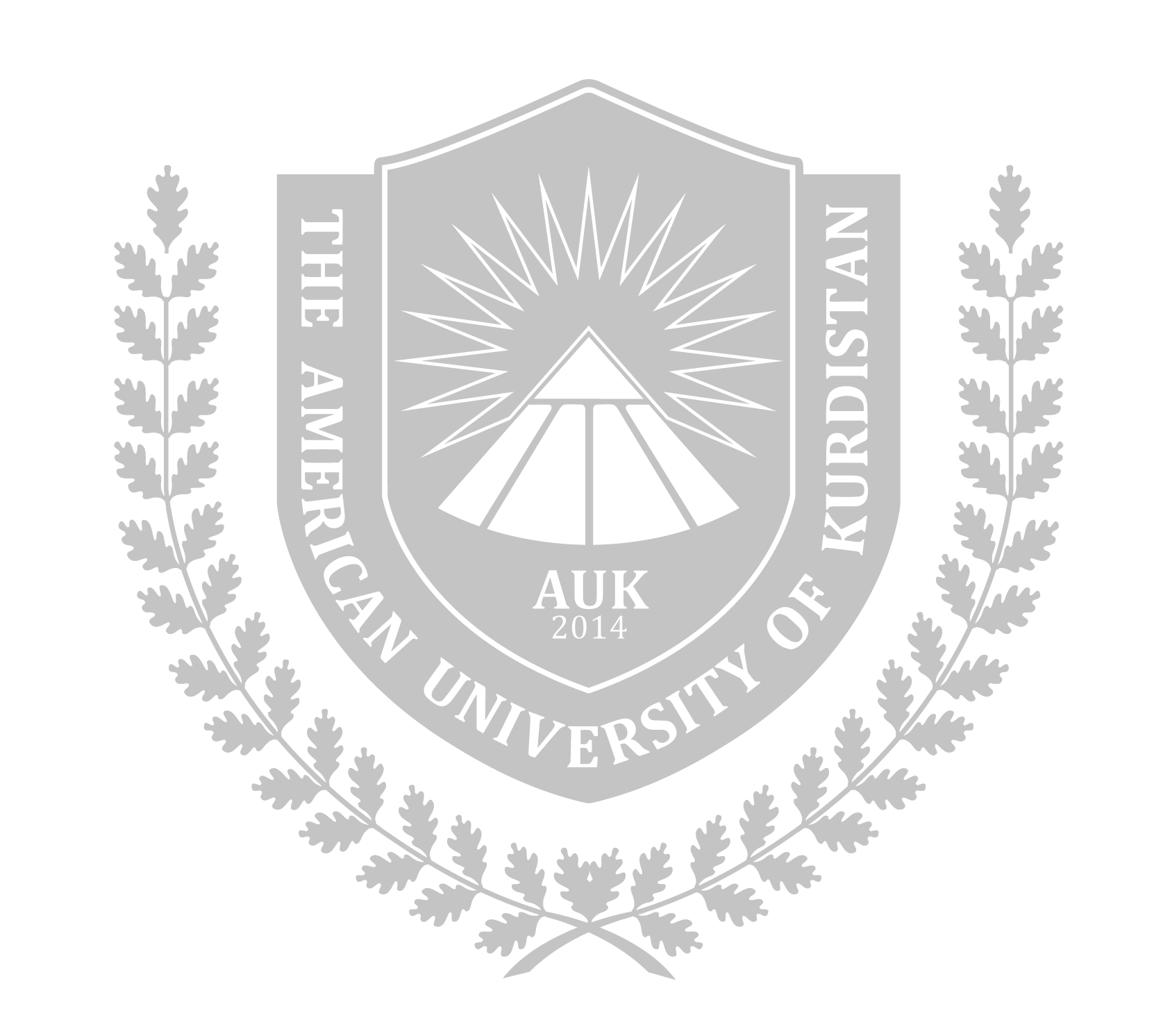Global Perspectives on Sustainability and the Built Environment
Duhok, Kurdistan Region – November 30th, 2021 – Students at the American University of Kurdistan (AUK) will collaborate virtually on class projects and activities with their peers at the University of Florida (UF).
The Fall 2021 Virtual Exchange Training, organized by the University of Florida, gathered faculty members at UF along with 22 international faculty partners, for a five-week online course. Dr. Rezaq Ferhadi, Dean of the College of Engineering, and Dr. Serhan Hakgudener, Acting Chair of AUK’s Department of Architectural Engineering, represented AUK.
Participants attended synchronous sessions and collaborated in the development of an international virtual exchange module for their courses. Through these modules, students from several courses at AUK will collaborate virtually, explore the relationships between architecture, environment, technology, engineering and craft, and understand how these can be combined to improve human conditions.
In some of the courses, students will jointly research pressing sustainability issues, interview regional experts, and work in teams to prepare a presentation with their findings and solutions. In other courses, students will explore off-grid sustainable building design and strategy development.
“Virtual exchange is an excellent opportunity for students to start building their industry experience on the international level. We are glad to be able to offer this opportunity to our students,” stated Dr. Serhan Hakgudener, Acting Chair of AUK’s Department of Architectural Engineering.
The collaboration with UF is part of AUK’s partnerships with six universities in the U.S., made possible by the U.S. Department of State’s grant entitled “Support to American-Style Higher Education in Iraq”. The grant supports AUK’s accreditation, faculty research, collaboration, and mobility.
The grant also offers dozens of scholarships for newly enrolled students at AUK, prioritizing women, students from minority groups and vulnerable populations.

